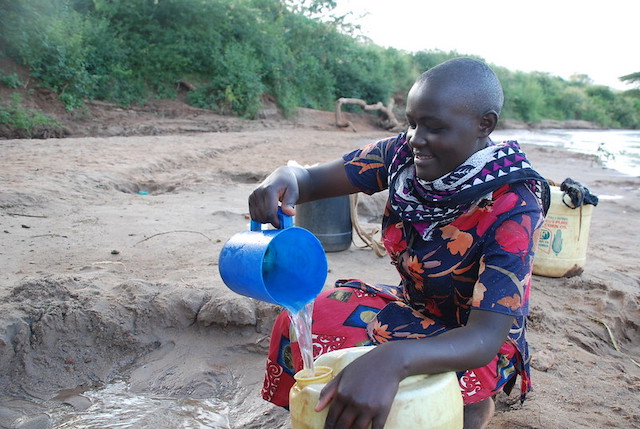
In order to preserve good health and wellbeing, one must have access to clean, safe
drinking water.
Purchasing a dependable IClear water purifier is essential if you want to make sure that you and your family have access to clean, pure water in Kenya, where good water quality can be an issue.
Managing Water Pollution
Kenya has water contamination issues such as bacterial, viral, and chemical pollutants, as
well as silt and suspended particles.
IClear Water purifiers eliminate hazardous toxins and impurities from water sources using modern filtration technologies such as activated carbon, reverse osmosis, and UV sterilization.
Keeping Waterborne Diseases at Bay
In locations with low water quality, waterborne diseases such as cholera, typhoid, and
diarrhea are common.
IClear water solutions are customised to defend against these
ailments by removing pathogen-causing bacteria.
The process neutralizes bacteria, viruses, and parasites, ensuring that the water you drink is free of potentially hazardous pathogens.
Improved Taste, Odor, and Clarity
IClear water purifiers not only eliminate contaminants from water but also improve its flavor, odor, and purity.
They remove odors, tastes, and discoloration produced by chemicals, chlorine, or natural constituents, resulting in clean and delightful drinking water.
Economical and convenient
Purchasing a water purifier can save you money in the long term by eliminating the need to
purchase bottled water or rely on costly water delivery services.
IClear Water purifiers provide convenience by delivering a constant supply of cleaned water to your fingertips, eliminating the need to store, transport, or dispose of plastic water bottles.
Environmental Sustainability
By choosing an IClear water filter, you contribute to environmental sustainability by
eliminating the plastic waste associated with single-use water bottles.
You play an important role in conserving natural resources and lowering carbon emissions by reducing the energy necessary for the production, delivery, and disposal of bottled water.




![Festus Makori and Jerica Muthoni. [Lilian Chepkoech]](https://mkenyaleo.co.ke/wp-content/uploads/2024/04/Q16uLG6Y0KB9b14AiLHv6W3TOXDWD0bftwRfm4YQ-390x220.jpg)





